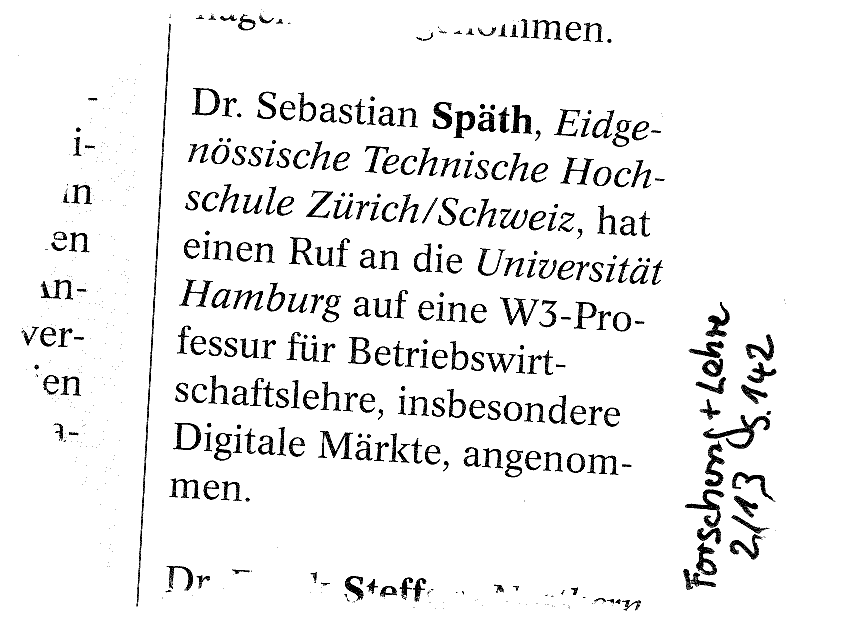Nokia’s 98,000 employees [1] will probably not be delighted to learn about today’s announcement to sell the core of Nokia, its mobile phone business and mapping services for a total of 5.44 billion € to Microsoft.
According to the press release, the transferred units represent ca. 50% of Nokia’s revenue. The low price tag (€3.79bn cash plus €1.65bn for patent licenses) is amazing: In 2011, Nokia had a turnover of $50.18 billion (2012: $39.91bn). Compare that price/revenue ratio to those of other recent technology company acquisitions (or IPOs) and you’ll see how desperate Nokia has become in a very short time.
The man behind the last three years strategy is Steve Elop, who was hired away from Microsoft to lead the ailing firm back to the upper ranks of mobile phone manufacturers in 2010. He has been called a mole and a trojan horse before (indeed, already at the press conference at his inaugeration), an accusation that he has denied. His immediate strategy of focusing solely on Microsoft phone as the single operating system, was heavily critisized by Ex-Nokia executive Tomi Ahonen among many others (see, e.g. The Elop Effect). Elop is now expected, as the MS press release states, to transfer back to Microsoft.
The series of events is peculiar at very least, I have to say. If it looks like a trojan horse, walks like one and quacks like one, ….
As a result of its failed strategy, Nokia has not been doing well during the last years. In the second quarter of 2013 Nokia has been shipping 7.1m Windows smartphones, which is puny compared to Android smartphone sales of Samsung (73.3m), LG (12.1m), Lenovo (11.4m), Huawei (10.2m), or ZTE (10.2m) during the same time frame. [2]
So what is now left of Nokia? The network unit Nokia Solutions and Networks, formerly known as Nokia Siemens Networks and which was founded in 2007 as a joint venture. However, core network hardware is coming under severe pressure as Chinese manufacturers such as Huawei are gaining ground.
There seems to be a mapping division left (but not their apps), as well as a division for Advanced Technologies.
So far, consumers and technology firms have not warmed up to Microsoft on their mobile phones. It will be interesting to watch if they will do so now that Nokia and Microsoft are under one roof. And it will be interesting to see what the rest of what is still Nokia will become in the following years (my guess is that it will be snatched up by a Chinese company?).
The reactions have been interesting, from techcrunch.com predicting Elop’s ascendency to the throne of Microsoft, to sad eulogies. Nokia’s share price jumped from 2.96 to 4.28 on the day of the announcement.
[1] src: Heise.de
[2] src: IDC Worldwide Mobile Phone Tracker, August 7, 2013
